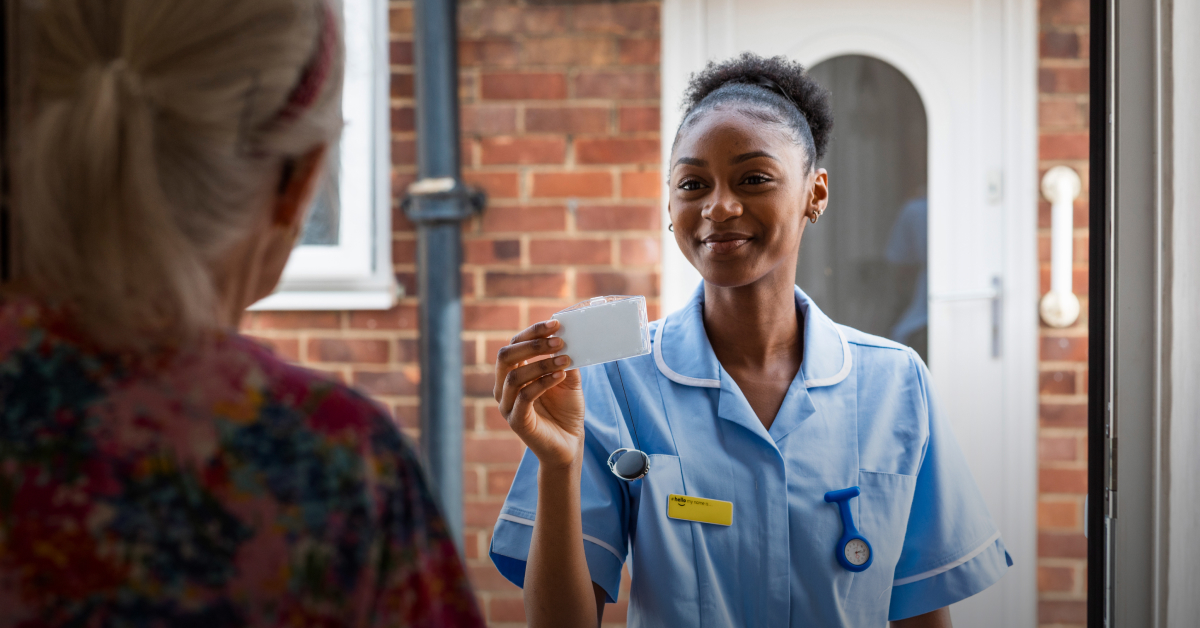
A quick guide to the National Health System (NHS)
If you’re living in the UK, you’ll almost certainly have heard of the NHS. An acronym of ‘National Health System’, the NHS is a residence-based healthcare system that allows ‘ordinary residents’ to access free medical services.
But what is an ordinary resident? Are there any exceptions to free healthcare? And why are so many people saying the NHS could be ‘under threat’?
Here’s a (very) quick guide to the National Health System.
The basics
Like many government schemes, the bureaucracy of the NHS and some of the terms used can over-complicate its function and rules. Essentially, the NHS is made up of various organisations with different roles and responsibilities. It’s funded by taxpayers’ money and provides healthcare services and support to patients and carers.
If you’re an ‘ordinary resident’, you can access NHS services for free. While this includes the majority of services and support, you are required to pay for prescriptions, dental care, eye care and some other services.
What is an ‘ordinary resident’?
An ‘ordinary resident’ means that a person is living in the UK on a lawful basis. It doesn’t depend on you paying UK taxes or National Insurance contributions, being a UK property owner, being registered with a general practitioner, your nationality, having an NHS number or even having a place to live. But you may be asked to prove that you are a legal UK resident.
Post Brexit, however, these rules a little more complex. Before the UK left the European Union, all citizens of the EEA (which consists of the EU, Iceland, Norway, Liechtenstein and Switzerland) living in the UK and those working in the UK via visas were entitled to full coverage, including hospital stays. If you moved to the UK before 31st December 2020, you can continue to use the NHS. As can your family members.
But if you moved to the UK after 31st December 2020, you’ll only get free NHS treatment if you have:
- a visa, and have paid the immigration health surcharge (unless you’re exempt)
- indefinite leave to remain
- permission to stay as a family member of an EEA citizen who was living in the UK by 31st December 2020.
If you’re visiting the UK from an EU country, you can access the NHS by using a European Health Insurance Card (EHIC). This will cover the costs of treatment if you fall ill on your visit. The EHIC should have been issued in your home country prior to visiting.
Accessing NHS services
The NHS is made up of independent contractors. This includes general practitioners (GPs), dentists, pharmacists and optometrists. It also operates a number of walk-in centres.
- General Practitioners (GPs)—GPs are the first stop for many patients. They provide a wide range of services and generally work as part of a team. If they can’t treat an illness, they will refer you to a hospital. GPs provide a service based on the patient’s address and have set practice boundaries. It’s up to the GP whether they accept you onto their list of NHS patients. However, they will give exception to those requiring emergency treatment.
- Walk-in centres—Walk-in centres also include urgent care centres and minor injury clinics. They’re designed to treat minor injuries or illnesses that can’t wait until a GP is open or available.
- Pharmacists—Pharmacists can offer advice on a number of minor illnesses such as sore throats, headaches and routine travel illnesses. Consulting a pharmacist can result in a treatment for the problem and prevent a trip to a GP.
- Call NHS 111—Call NHS 111 is a telephone service, designed to help patients get medical help and advice when it’s urgently needed, but when the situation is not life-threatening. For any illness or injury that is life-threatening or has the potential to become so, the best and safest route is to call 999.
If you’re eligible to access the NHS free of charge, you can get treatment immediately. Should you not be eligible, you are entitled to a clear explanation as to why.
If you need to pay, you will usually have to do so before you access any NHS treatments. You can refuse treatment if you can’t afford it. Or you can delay until you have access to the money. If your treatment is urgent but you can’t afford it, you can still have it—but you’ll have to return to your home country once the emergency is over.
The future of the NHS
The government is in charge of how much money goes to the NHS. In recent years, government policies like austerity and privatisation have raised concerns about funding. And this is all before a global pandemic came into the picture.
What is apparent is the nation’s appreciation for the NHS. When the first wave of Covid-19 hit last year, many of us took to our doorsteps every Thursday evening for a nationwide clap to show gratitude to NHS staff. It doesn’t fund treatment or increase caregivers’ salaries, but it does highlight the need to appreciate the UK’s National Health System. And that we do.
______________
And we think you’ll also appreciate our fast, easy and hassle-free money transfers. Sign up for easy money transfers at high speeds and low fees.
Popular articles
Invite friends to TransferGo, earn £20









































































































































































